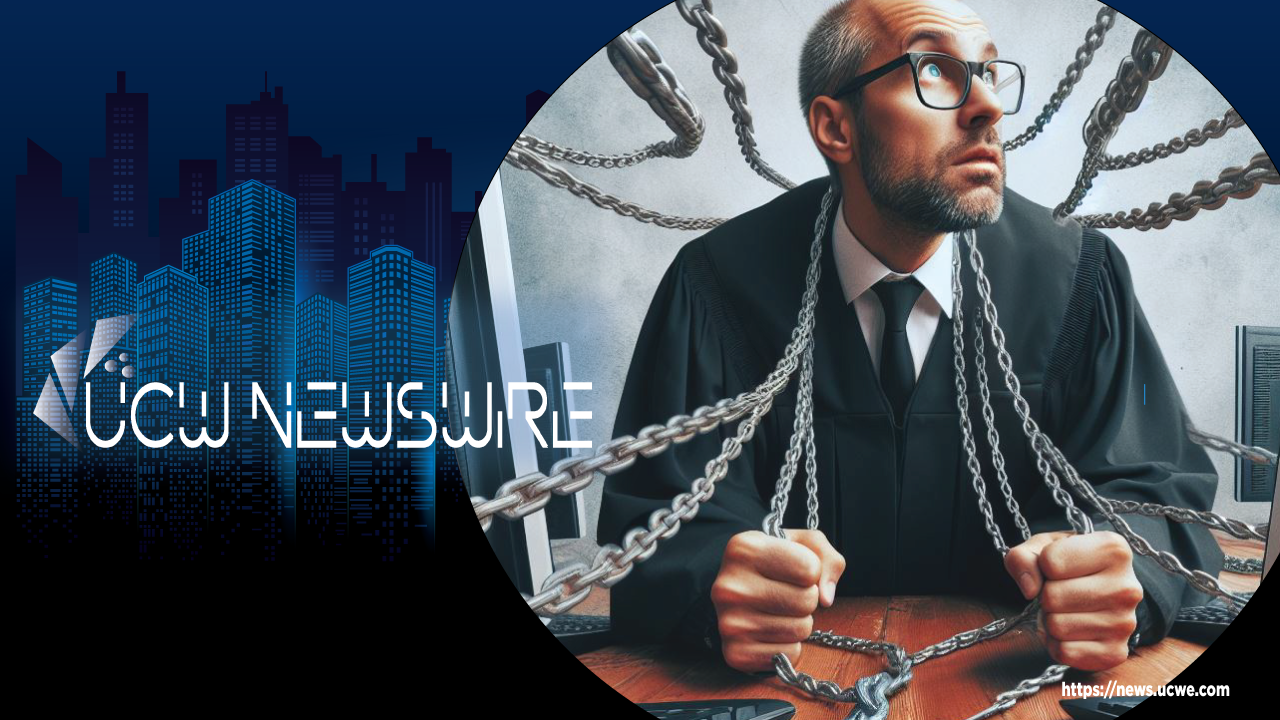Judge Blocks Kroger-Albertsons Merger: Implications and Political Underpinnings
In a dramatic twist that could reshape the landscape of the U.S. retail grocery industry, a federal judge has blocked the highly anticipated merger between Kroger and Albertsons. The proposed

In a dramatic twist that could reshape the landscape of the U.S. retail grocery industry, a federal judge has blocked the highly anticipated merger between Kroger and Albertsons. The proposed $24.6 billion deal, which sought to combine two of the nation’s largest grocery chains, faced opposition on antitrust grounds, with critics arguing it would stifle competition, hurt consumers, and lead to job losses. The ruling raises critical questions about the future of corporate consolidation and whether this decision is influenced by broader political motives during a transitional presidential period.
A Deal of Epic Proportions Meets Resistance
Kroger and Albertsons touted the merger as a means to compete more effectively against retail giants like Walmart and Amazon. Together, the two companies would have commanded a significant share of the grocery market, potentially driving innovation and price competitiveness. However, opponents—including smaller grocery chains, labor unions, and consumer advocacy groups—argued the deal would create regional monopolies, reducing choices for consumers and increasing prices in certain markets.
The judge’s ruling underscores the current administration’s intensified scrutiny of corporate mergers under its antitrust policies. “This is a win for American consumers and workers,” stated one opposition leader. Yet, proponents of the deal see the ruling as a missed opportunity to create efficiencies and scale needed to compete in an evolving marketplace.
Political Undertones: A Lame Duck Agenda?
The timing of this decision has fueled speculation about its broader political implications. With a presidential transition on the horizon, some observers view this move as part of a lame-duck strategy to cement policy stances and create hurdles for the incoming administration. Critics argue that this decision aligns with the current administration’s aggressive antitrust enforcement, potentially complicating economic priorities for the next president.
“This feels less about protecting consumers and more about setting political traps,” noted a Washington insider. “The blocked merger sends a strong signal about antitrust priorities, but it also creates uncertainty for businesses looking to grow through acquisitions under the new administration.”
Ripple Effects Across Industries
The decision could have far-reaching consequences beyond the grocery sector. It signals a chilling effect on corporate mergers and acquisitions, particularly in industries where consolidation has been a dominant trend. Companies considering mergers may now face heightened regulatory scrutiny, leading to increased legal and operational costs.
For the grocery industry, the ruling leaves Kroger and Albertsons grappling with how to achieve growth independently. Both companies may need to invest heavily in technology, logistics, and consumer engagement to maintain their competitive edge.
What’s Next?
Kroger and Albertsons are expected to appeal the decision, setting the stage for a prolonged legal battle. Meanwhile, the incoming administration will inherit a retail landscape in flux and a precedent that could shape its own antitrust policies.
As the dust settles, this case serves as a bellwether for corporate America. Whether the blocked merger is a principled stand against monopolistic practices or a politically motivated maneuver, one thing is clear: the intersection of business and politics remains as contentious as ever.
David Thompson
UCW Newswire

